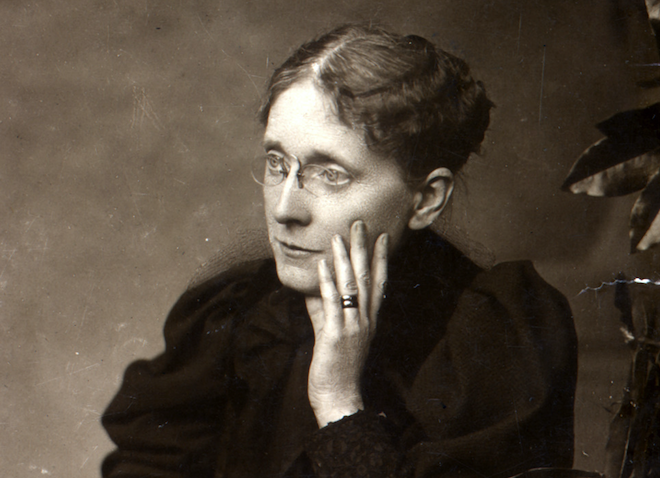One hundred years ago today, Illinois became the first state to ratify the 19th Amendment to the Constitution, guaranteeing women nationwide the right to vote.
“Illinois gets first honors of all the states of the union in ratification of the women’s suffrage amendment to the federal constitution,” the Tribune reported on June 11, 1919. “At 10:44 a.m… Lieut. Gov. Oglesby announced that the state senate had concurred in the earlier action of the house in adopting the required resolution of ratification. This official declaration placed Illinois out in front of Wisconsin, which ratified today, and every other state.” (A week later, the legislature voted again on the amendment, having approved a version reading "all events and purposes" rather than "all intents and purposes." By then, they were the seventh state.)
It's appropriate that Illinois was among the first, because one of the state's residents played a major role in the women’s suffrage movement. Although the 19th amendment was named after Susan B. Anthony, it owes as much of its success to Frances Willard, a activist from Evanston who linked women’s political empowerment to the temperance movement.
Born to Yankee Methodist reformers from upstate New York, Willard migrated with her family to the Midwest, eventually settling in Evanston. There, she attended North Western Female College, training as a schoolteacher.
In 1871, Willard became the first president of Evanston College for Ladies, which later merged with Northwestern University and named Willard dean of women. There was only one problem: Northwestern’s president was Charles Henry Fowler, with whom Willard had broken off an engagement in her youth. (Willard never married, but lived in what was then called a “Boston marriage” with her secretary, Anna Gordon.)
Finding it impossible to work with a spurned suitor, Willard quit Northwestern after a year. She then directed her energies toward the temperance movement, co-founding and leading the Women’s Christian Temperance Union, which still has its headquarters in Evanston. In that office, she encouraged women to become politically active as a form of “home protection.” If women could cast ballots, she reasoned, they would vote to stop their husbands from drinking up the weekly paycheck. Enfranchising women would be “one means for the protection of their homes from the devastation caused by the legalized traffic in strong drink.”

Though Willard didn't live to see either political goal become reality, her argument was prescient. In the 1910s, women’s suffrage and temperance gained steam simultaneously, with anti-alcohol legislators realizing that guaranteeing the first would lead to the success of the second.
In 1919, Congress passed the 18th Amendment, imposing Prohibition on the United States. Granting women the right to vote was seen as a way to make its success permanent. As the Tribune editorialized the day after Illinois ratified the 19th Amendment:
[Women] are perhaps, more interested in questions of civic morals. We are inclined to believe they will approve legislation of moral regulation and social discipline more generally than men. They will make prohibition permanent, we suspect, and we can hardly blame them for this general tendency.
Thanks to the efforts of Jane Addams and Grace Wilbur Trout, the leaders of the Chicago Political Equality League, Illinois had already granted women limited voting rights in 1913, the first state east of the Mississippi to do so. Women could vote for president, and in local elections, but not for state and federal legislators.
When the women’s suffrage amendment finally came before the U.S. House of Representatives, it was introduced by James R. Mann, a Republican from Chicago and one of the original Hyde Park progressives.
“The time is ripe, the people are ready, and the beneficiaries of this amendment are eager, willing, and able to perform the duties of citizenship,” Mann said.
Frances Willard’s crusade to rid the nation of demon rum was ultimately a failure, but it contributed to winning women the vote. Every state is entitled to two statues in the U.S. Capitol, and Illinois rightfully placed a statue of Willard there in 1905, making her the first woman so honored. Willard also appeared on a “Famous Americans” stamp in 1940, when she was still famous.
As we commemorate the centenary of the 19th Amendment, let’s remember the role that she and other Illinoisans played in making it happen.



